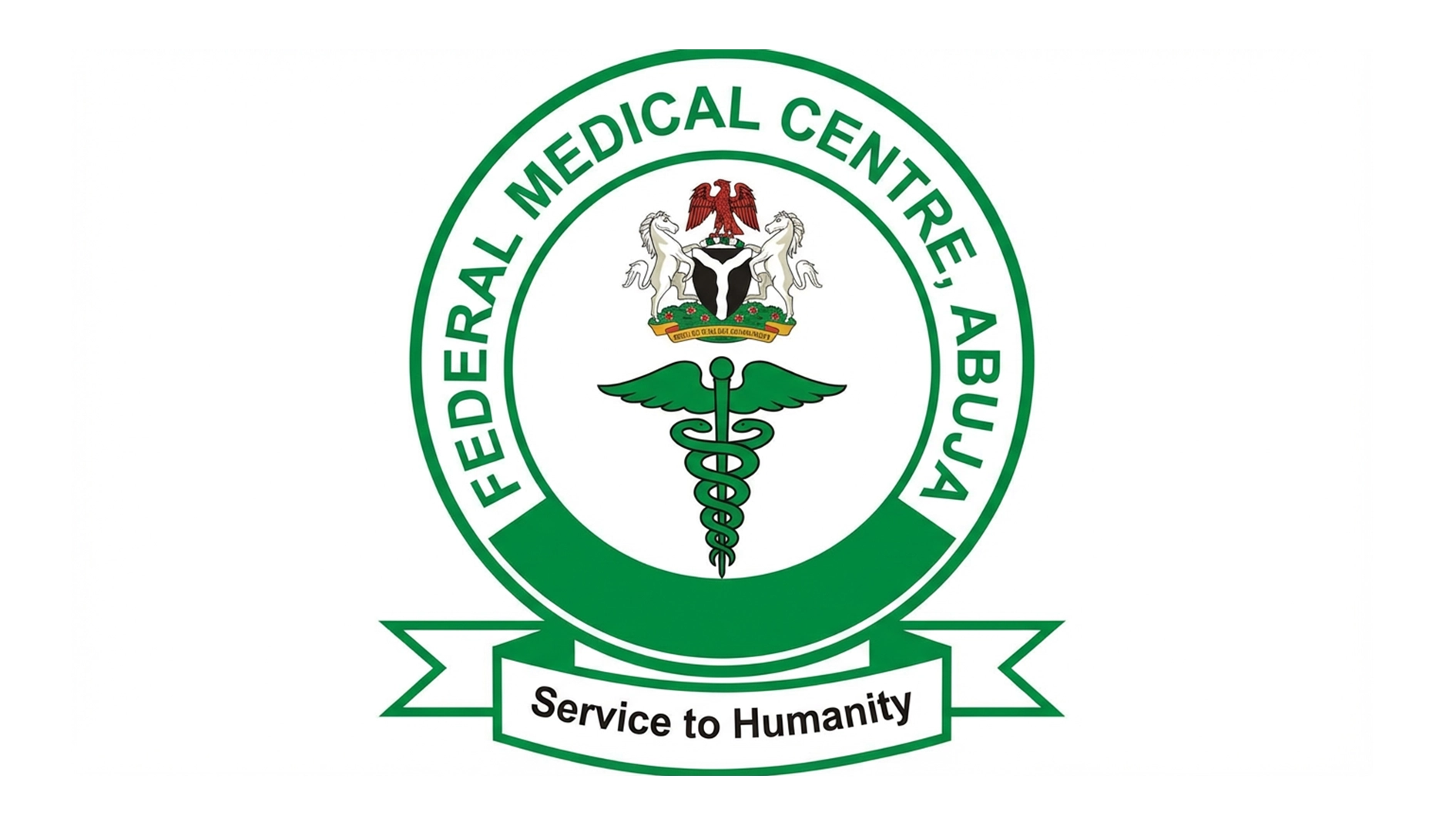Treat gunshot victims before police report, NARD, NMCN urge hospitals
Researchers have expressed concern that the funds usually disbursed to the health sector have not achieved their intended impact due to weak implementation and poor accountability, revealing that 75 per cent of funding is coming from out-of-pocket.
They stressed the need for civic action and legal accountability to drive reform, warning that without urgent reforms, Nigeria risks missing its Sustainable Development Goals (SDGs) and Universal Health Coverage (UHC) targets.
They spoke in Abuja yesterday, during the launch of the Country Health System and Services Profile (CHSSP) jointly developed by the Federal Ministry of Health and Social Welfare, the World Health Organisation (WHO) African Region, and the University of Nigeria’s Health Policy Research Group (HPRG).
In his presentation, Lead Researcher of the CHSSP, Prof. Obinna Onwujekwe, expressed optimism that with sustained advocacy, political will, and media engagement, the country can do better.
Also speaking, the Coordinating Minister of Health and Social Welfare, Prof. Mohammed Pate, lamented challenges bedeviling the health sector, restating the government’s commitment towards solving the problems.
Pate, represented by Dr Kamil Shoretire, described the challenges highlighted in the CHSSP as “surmountable,” assuring that the government is committed to using the findings as a reform.
On his part, Country Director of the Network for Health Equity and Development, Dr Emmanuel Sokpo, stressed that Nigerians must begin to see healthcare as a fundamental right and demand accountability from both government and service providers.
Meanwhile, the Nigerian Association of Resident Doctors (NARD) and the Nursing and Midwifery Council of Nigeria (NMCN) have reiterated calls for hospitals to treat gunshot victims immediately without requesting police reports.
Both organisations issued the reminder during interviews with newsmen yesterday, in Abuja, following recurring reports of hospitals neglecting gunshot victims in emergencies.
National President of the NARD, Mohammad Suleiman, condemned the refusal to treat victims as “unacceptable,” citing both the law and the Federal Ministry of Health’s directive on emergency care.
Suleiman stated that some doctors might be unaware of the law and stressed that NARD educated members regularly through continuing medical education programmes on legal matters affecting medical practice.
He warned that rejecting patients in emergencies was criminal and unethical.
Registrar of the NMCN, Ndagi Alhassan, noted that some nurses acted based on restrictive hospital policies, even though those policies might contradict the Federal Government’s directives on emergency treatment.
Alhassan, therefore, advised nurses to stabilise gunshot victims immediately and handle documentation later.






